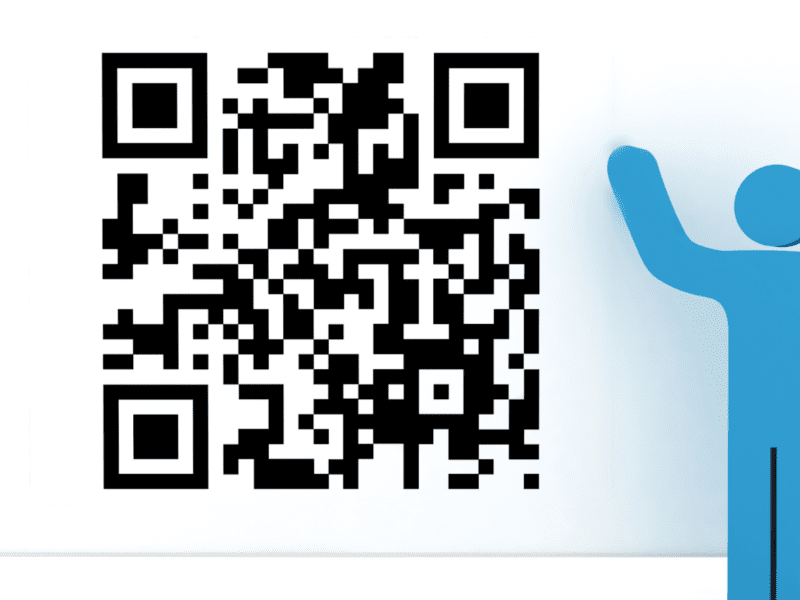
Job hunting and RSS feed readers. What do they have in common?
Are you looking for a change in corporate scenery? Want to advance your career? Or maybe you are one of the thousands hoping to restart their work life after the pandemic left you jobless?
You don’t need me to tell you the difficulty setting on finding a new job has climbed. You need a little bit of help and a secret weapon.
I’m here to sing the praises of RSS feed readers as the perfect tool to organize your job search.

What even is an RSS feed reader?
RSS feed readers exist in order to help users keep up with content released from multiple sources on the Internet without losing track. RSS emerged early with the Internet, because even early on developers realized how big it’s going to be and how easy it would be for a single person to lose themselves and valuable information.
Through an RSS reader, a user can subscribe to a high number of sites and receive their content in a single dashboard. New posts would be prioritized and displayed in a chronological order. Your RSS reader becomes a central hub for all your interests.

Why use it for job hunting?
Job hunting during the pandemic requires even more attention. Experts advise on the importance of digital networking.
Leave no stone unturned and when you’re working with so much information it’s not surprising to find yourself overwhelmed. RSS readers are naturally adept at increasing productivity by cutting out distractions and automating pointless, repetitive manual tasks.
All you need to do is spend time setting up your RSS reader for job hunting and then let it do its thing. It’s that simple.

How can it help you find your dream job?

Save your time
Honestly, not many realize how time consuming it is to hunt for a new job. Hunt is the right verb to use in the current climate. The pandemic has made it hard to either move to a new position or find employment after being furloughed or sacked. You can spend the better part of a day going about finding a new job when you don’t need to be.
RSS feed readers are amazing when it comes to centralizing your job searches. Yes, there are many job sites, job groups across Facebook and LinkedIn, and even Twitter hashtags. Why should you waste your time individually checking each source, when you can syndicate the content from all into a single source?

Tune your search
COVID has fully changed the job market. These changes also come with the added issue of having to pay attention to news and read up on expert advice on how to prepare for a job interview, what a strong resume looks like now and any other relevant tricks.
RSS readers are created for this purpose. Subscribe to your favorite blogs and sites and read at your own leisure. Depending on the RSS reader, you have an easier time discovering new content. Look at Inoreader. The discovery zone is one of their biggest strengths. You have the most popular RSS feeds across 50 topics.

Optimize your update period
I have the tendency to obsessively refresh research multiple times per day, then lose steam when no new job postings appear. It’s doubly daunting when I have to perform this on multiple sites. I have found that RSS naturally counters this problem, because they automatically update the feeds in your dashboard. You have to check your reader.
Even better, you can enhance this experience further depending on the reader. Inoreader can set up push notifications on your mobile device whenever a job opening in your dream company becomes available. Or you can receive an email or message. Another way to stay on top is by using the Chrome extension, which allows you to check for new updates while on the tab.
The early bird gets the worm. In the digital era, the bird has to react in milliseconds to beat the competition.

Keep track of the companies you like
RSS has been built to track companies. You’ll discover that many marketers are using RSS readers to perform brand monitoring to gain deeper insights into customer behaviour. Obviously, for the purposes of job hunting you don’t need to perform keyword research and monitoring, but RSS certainly helps you track your favorite companies across the Internet.

Here’s what you add to your RSS subscriptions:
- A company’s blog or news section. Most companies will have a small section where they make announcements – this is where job openings will be announced as well.
- A company’s newsletter. Sure, newsletters display a promotional character, but depending on the company you might also learn about job opportunities.
- Twitter accounts. These can be the corporate account as well as the professional accounts of people working there. The benefit here is two-fold. You not only monitor for postings but also gather information on the company’s activity, which can be beneficial for a future job interview.
- LinkedIn profile. Of course, LinkedIn is the platform where all announcements are made regarding hiring and job ads.

Organize your search by job title, type or skills
You’ve populated your RSS reader accordingly. Now it’s time to consider how to structure what’s coming into your dashboard. Most people, whenever they search for a new job, spread their net as wide as possible. This might mean different positions within the same industry or similar positions in different industries. However you decide to branch out, remember to have the right resume for the job. Even so you might have favorites.
RSS feed readers can filter and organize updates in as many ways as possible. You can even set up automated actions that tag updates based on different criteria. You can add different job offers into folders and call it a day. You’ll also be prepared when a few job postings in the same vein pop up and you can send out your resume in no time.







